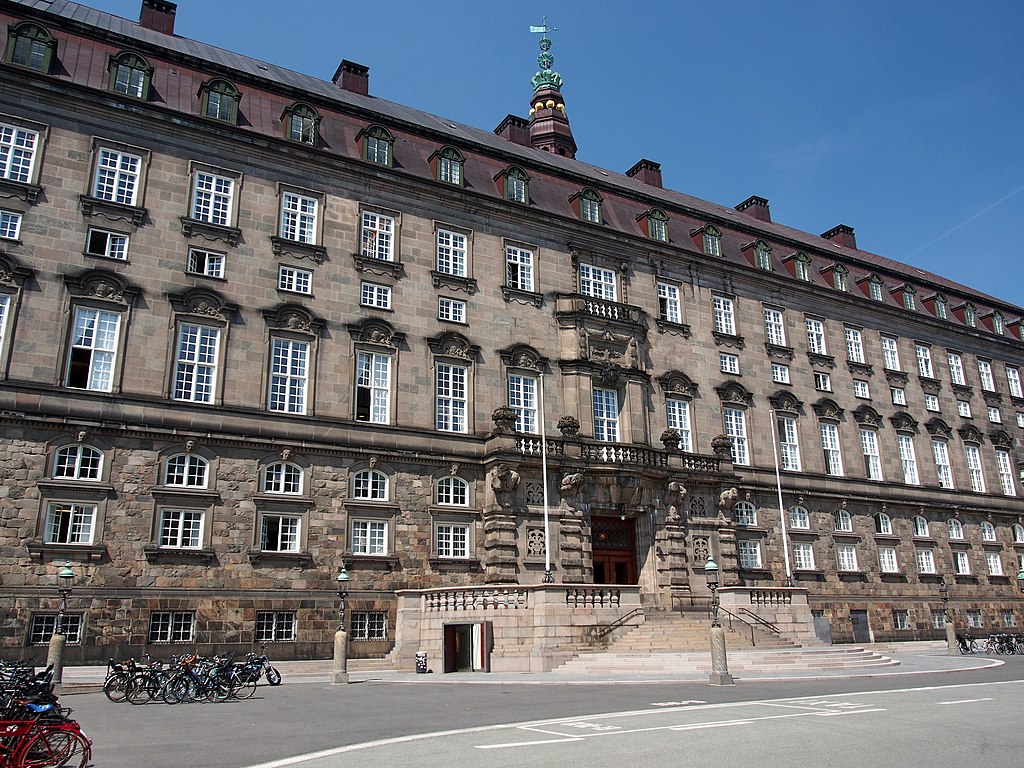Churches, military and labor unions are all opposed to the Danish government’s new plan to abolish National Day of Prayer. Hopefully, faith will also return and not just the day off.
The loss of the holiday–created more than 300 years ago when a Danish bishop united several minor holidays–has unleashed harsh reactions throughout Denmark, a country of nearly 6 million where more than 73 percent of the population belongs to the State Lutheran Church, although less than 3 percent of people attend church regularly. Denmark’s largest trade union confederation has in recent days expressed serious reservations about the government’s plan to eliminate a public holiday in order to increase government revenue for the defense budget. “This is a blatant attack on the Danish model that we are so proud of in this country,” Lizette Risgaard, head of the 1.3 million-member FH confederation, told the media. The Danish labor model determines wages and working conditions through bilateral agreements between employers’ organizations and trade unions in collective agreements. The FH confederation complained that the government wants to eliminate a public holiday through administrative action.
The ‘Day of Great Prayer,’ observed since the 17th century, falls on the fourth Friday after Easter, but the government wants to abolish the religious holiday to maximize revenue for the defense budget, which needs to meet NATO’s target of 2 percent of GDP by 2030. “I don’t think it’s a problem to have to work an extra day,” Prime Minister Mette Frederiksen said in a speech in parliament last weeks. “We are facing huge expenditures on defense and security, health care, psychiatry and green transition.”
However, the government is also facing heavy criticism for the proposal: an online petition started by the FH confederation has gathered nearly 500,000 signatures in just a few days, and associations representing military employees and churches have also criticized the plan. Mette Frederiksen’s government has not only angered the unions and military but also the Lutheran Evangelical Church of Denmark, usually very placid, which sent a letter of protest to the government and protested both over the proposal to abolish the ‘Day of Great Prayer’, and for not being involved in any dialogue with government.
We just have to hope that this sacrosanct battle in defense of national Christian traditions will cause the Danes to rediscover the very Christian faith that sociological surveys show has been forgotten.
